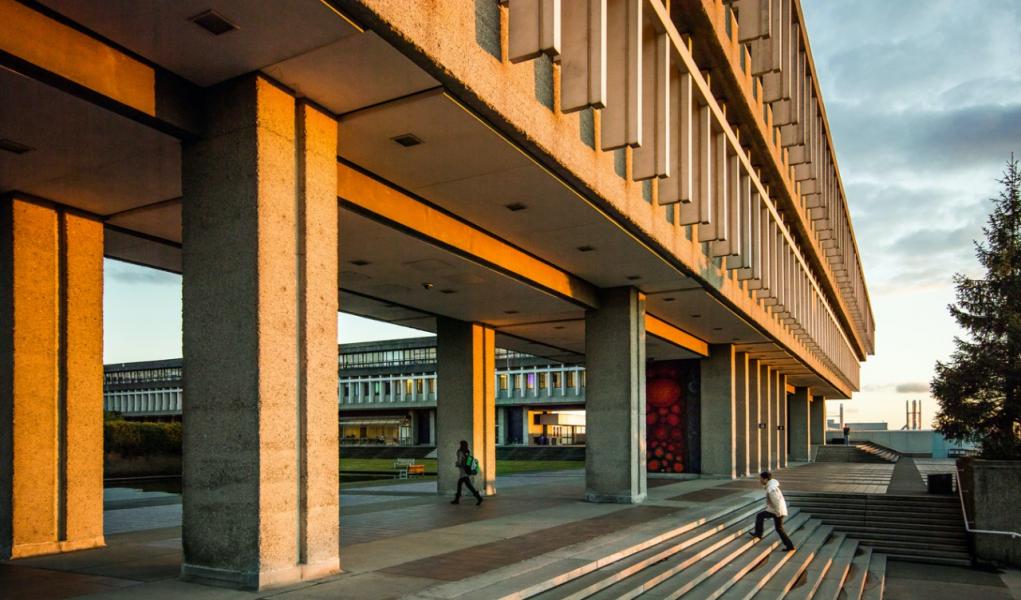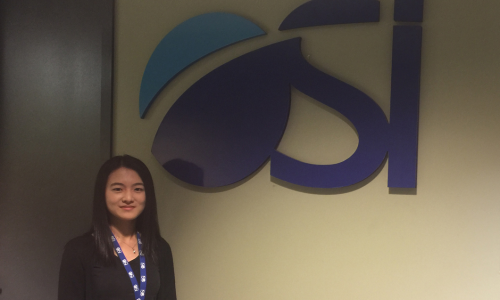
Transitioning from high school to a university can be nerve-racking for some. I know for me, I was anxious walking into a new unknown environment, and there had been things that I wish I had known beforehand. However, after a couple of years of attending SFU as an undergraduate student, there are a few tips that I learned that might be helpful for new students!
Seek Help if Needed (Don't be Afraid to Ask!)
Some topics or courses can be challenging and difficult to understand, so don’t be afraid to admit to yourself when you need help. There are many options to get the help needed. A professor or TA’s office hours is a great place to start, not only can you ask any questions about the course material that you might not understand, but you can also build connections with the professors and TA as they are there to help support you through your university experience.
There are often help and tutoring centers that students can attend to ask for assistance, such as the SFU Student Learning Center (SLC). I was always afraid to ask for help, but just remember that everyone around you wants you to succeed, so if you need any help at all don’t be afraid to ask.
In addition, the library is a great first resource, for example, if you need help writing a paper, or finding articles for your research, the library is the place to go!
Be Organized and Manage Your Time Well
Being organized and managing your time well is very important. It's always good to be well prepared; do the pre-readings before the lecture, complete assignments on time and attend tutorials. Something that I do that helps me with being organized is creating a planner or schedule, once I get my syllabus for all my classes, I instantly write down all the due dates into my planner so that I know exactly when everything is due.
Filling out the dates allows me to see when assignments are due in advance so I can start early! I personally like using physical planners because I like the feel of crossing something off once I finish it. However, there are many online apps that one could use as a planner, for example, I also use my calendar app on my phone to keep track of the due dates.
Most students often have a part-time job or other commitments while also going to school, thus it is pivotal to manage your time well. Once you begin to put off assignments and they will start to pile up and it can get very overwhelming and stressful. Therefore, to avoid this make sure to start early and manage your time well!
Balance Your Study and Break Time
Studying for exams is crucial for becoming a successful student. However, making sure that you are taking breaks from time to time is just as important. Studying for an excessive amount can lead to burnout causing you to feel mentally, physically or emotionally exhausted. So to avoid burnout make sure to take small breaks or do little activities to let yourself recharge, such as going for walks, doing some yoga, or even just talking to a friend. It can help so much!
While studying I often like to use the Pomodoro study method, where I would study for twenty-five minutes and then allow myself to take a break for five minutes. This method has really allowed me to stay focused but also remind me to take breaks. I’ve recently been using an app called “Emphasis” (it’s a really simple and free app!) as a timer when studying.
If you are looking for a place to relax and take a longer break to have some fun, I would definitely recommend checking out SFU’s new Student Union Building! Grab a friend and check out the new Gaming Lounge, or Dance Studio. If you are feeling tired and just want a quick shut-eye before you get back on the grind, they also have a new Nap Room! Check out the services and spaces offered.
This article was originally published on the School of Communication Collective Blog website on Nov. 9, 2021.













